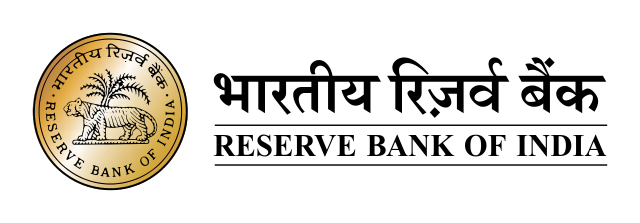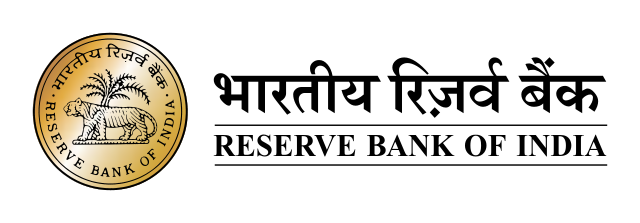The latest “State of the Nation” report from the Reserve Bank of India (RBI) provides a comprehensive overview of India’s economic landscape, highlighting significant trends and developments in various sectors. India’s economy has shown resilience, with a notable shift from consumption to investment. The government’s focus on capital expenditure (capex) is beginning to attract private investments. High corporate profitability is leading to increased creation of fixed assets, which enhances the economy’s productive capacity. The housing market is particularly strong, with the highest sales in over a decade, indicating robust demand and resilience in real estate (Reserve Bank of India)

Inflation and Consumption
Inflation remains a concern, with the RBI emphasizing the need to control it to ensure inclusive and sustained growth. Private consumption, which makes up 57% of GDP, has been sluggish, particularly due to a slow revival in rural areas. Despite this, fast-moving consumer goods (FMCG) companies are seeing volume growth, partly due to lower raw material costs being passed on to consumers (Reserve Bank of India).
Financial Sector Stability
The banking sector is performing well, with strong balance sheets and improved asset quality. Scheduled commercial banks (SCBs) have seen higher net interest income and profitability. The capital to risk-weighted assets ratio (CRAR) of SCBs stood at 16.8% at the end of September 2023, indicating robust financial health. Non-banking financial companies (NBFCs) have also expanded, showing double-digit credit growth and improved profitability (Reserve Bank of India).
Agriculture and Supply Chains
The RBI report highlights the dynamics of the agricultural supply chain. A survey covering major Kharif crops found that farmers’ share in consumer prices varies widely, with perishables fetching lower shares. The survey also noted that cash is still the dominant mode of payment in agricultural transactions, although electronic payments are on the rise. Enhancing agricultural markets and supply chain infrastructure is critical to reducing wastages and managing supply effectively, which could help stabilize food prices (Reserve Bank of India).
Climate and Environmental Risks
Climate-related financial risks are becoming a significant concern for financial institutions. The RBI conducted a pilot climate vulnerability assessment and stress test, revealing that banks are vulnerable to climate risks. There is a need for better capabilities to manage these risks. The report stresses the importance of continued efforts to refine climate scenario analysis and stress testing to inform policymaking and ensure financial stability (Reserve Bank of India).
Global Economic Context
The global economic environment is impacting India, with mixed prospects for emerging markets. While some emerging economies, particularly in Asia, are poised to outperform, there are concerns about debt sustainability due to high borrowing costs and currency depreciations. The weakening of the US dollar has provided some relief, leading to renewed investor interest in emerging market debt (Reserve Bank of India).
Export Performance and Global Integration
India’s export performance has been a drag on growth, but there are emerging opportunities. The country is becoming a global leader in hosting Global Capability Centres (GCCs), which provide a range of back-office and IT solutions. The data center capacity in India is also expanding, positioning the country as a global hub for data centers. These developments are attracting foreign direct investment (FDI), which has shown signs of recovery (Reserve Bank of India).
Conclusion
Overall, the RBI’s “State of the Nation” report presents a mixed but cautiously optimistic picture of India’s economy. The focus on investment, the resilience of the financial sector, and emerging opportunities in global integration are positive signs. However, challenges such as inflation, slow private consumption growth, and climate-related risks need continued attention to ensure sustainable and inclusive economic growth (Reserve Bank of India).





Leave a Reply